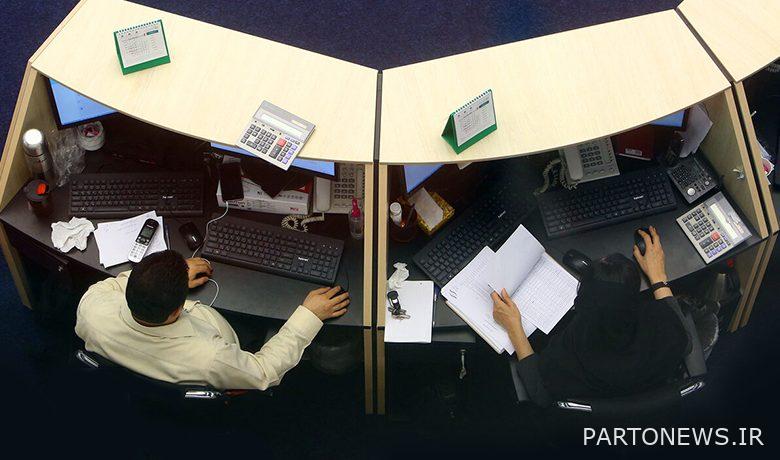The drop in the stock index to one million units became serious

According to Tejarat News, today, in the third trading day, the negative market trend has slowed down. In the first half of trading, the total index was initially in the channel of 1.383 thousand units with less than one thousand negative units, but today the market trend changed and the total index recorded a slight growth with 800 positive units.
Nima Javadian, a capital market expert, told Trade News about the current situation of the stock market: “The general situation of the market is not suitable.” The overall index of the two-week market symbols has a negative trend.
He continued: “The current market trend is the result of anticipating the risks that have entered the market in line with the budget deficit and government policies.” The market seemed to be affected by out-of-market issues later than expected, but due to repeated speeches by government officials about regulatory pricing, the market trend turned negative sooner than expected.
Javadian believes that due to the current ambiguities in the market, there is no smart money in the market because the risks that have arisen in the market have prevented the acceleration of liquidity to stocks.
In another part of the conversation, the market expert pointed out that the stock market has already lost its predictability, and in such circumstances, it is generally difficult and impossible to share.
Regarding the situation of the general stock index, he said: “I predict that the index will not have an upward trend.” There is currently 1.3 million units for the support index, but if the situation does not change and the government’s pricing affects the companies’ profitability by orderly pricing, the index is likely to reach one million units.
Javadian says: “Six-month reports were expected to bring a good change in the market, but with the government, with directives, it caused a negative change in the reports of insurance and banking companies.” It also created additional fears in the market through consultations on the pricing of petrochemical and steel products.

